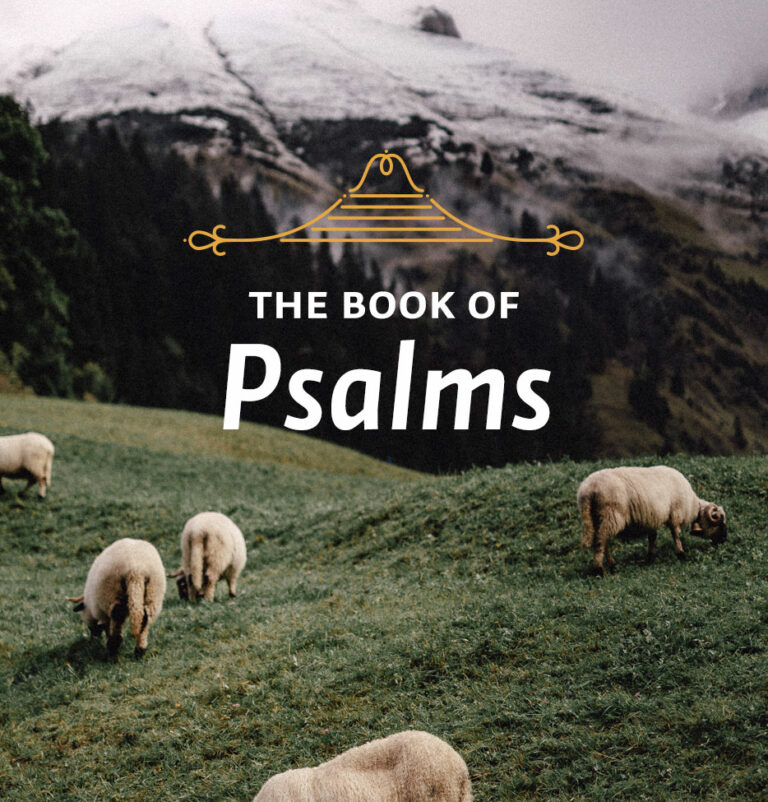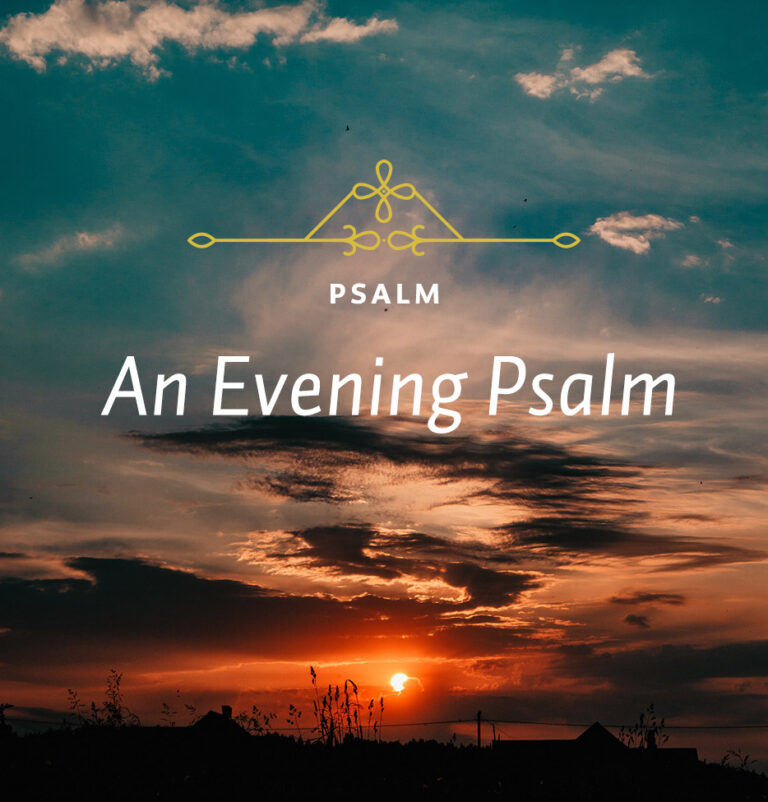Who do you turn to when you hear of an unjust accusation that someone has been making against you? Suppose you are at work and the secretary down the hall stops by your desk and says, “Do you know what so-and-so said about you yesterday?” Then she pours out the story, perhaps even embellishing it a little. Or maybe a business associate circulates a memo in which you are pictured in an unjust light. What do you do? Who do you tell? Most of us would go to our friends and complain, looking for sympathy. We might even start a slander campaign of our own. It might go: “Well, the only reason she said that is because she…” This is not what David did. Instead of turning to friends for sympathy or even attacking his enemies, David turned to God. “Answer me when I call to you, O my righteous God. Give me relief from my distress; be merciful to me and hear my prayer” (v. 1). David knew that his only help was in God, which strikingly is where the psalm also ends. The last words of the psalm say: “You alone, O Lord, make me dwell in safety” (v. 8).





